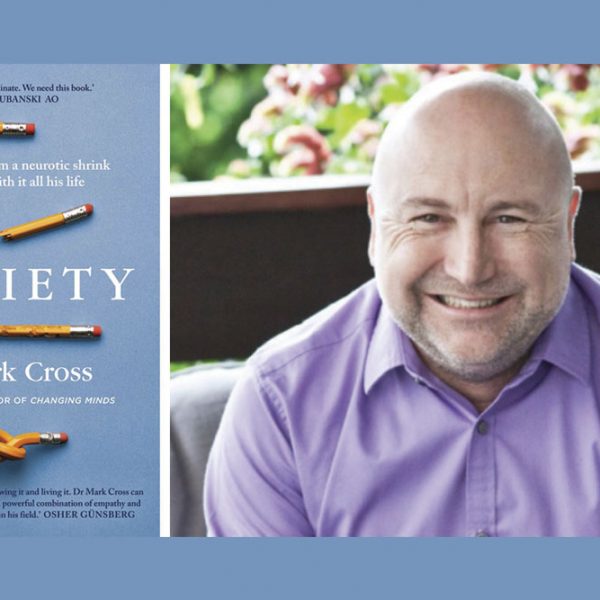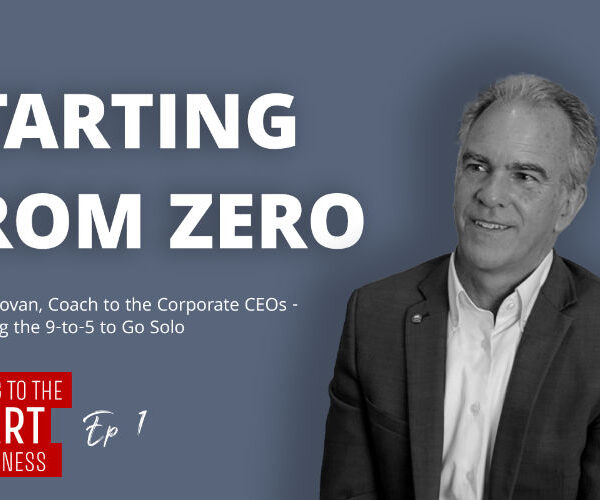The term “psychological safety” is not new. Amy Edmundson was the first to use this term, when she wrote a landmark paper in 1995. Since then, its use has become widespread.
Perhaps the biggest factor contributing to the common use of the term was a study completed by Google just a few years ago. Their research was called the Aristotle Project and it included the analysis of 180 various teams within Google. After determining which teams were the most and least successful, they searched for the team characteristics that might predict, or cause, team effectiveness. The number-one predicting factor in identifying effective teams within Google was psychological safety.
But what is psychological safety?
Amy Edmundson is keen to point out that it is NOT a cushy, cosy culture. A workplace with high levels of psychological safety is characterised by people taking risks to make suggestions, point out problems, discuss mistakes and give feedback. Psychological safety makes tough conversations possible, but vulnerability is still required for those conversations.
Our increasingly volatile, uncertain, complex and ambiguous (VUCA) world makes very particular demands on psychological safety. While a VUCA world tends to elevate anxiety, which in turn tends to make us less resourceful, it is now well understood that success in a VUCA world demands more robust conversations, more diverse points of view, higher levels of empathy, and excellent team building.
That’s right, our current context, in which we work and live, loudly demands that we actively cultivate psychological safety. It has become ever more important to do so.
What are some straightforward ways for managers to build psychological safety?
Here are four:
- Talk less in meetings. Think MUCH more about the questions you want to ask rather than what you want to tell.
- Don’t get too chummy with selected members of your team. The lens of power means that even your smallest casual remark can be interpreted in bruising ways.
- Avoid becoming focussed only on task. If your working relationships become entirely transactional, and don’t include how people FEEL at work, you can’t build safety.
Don’t avoid conflict, but rather lean into, then slow down, conversations where tension is present. Make space for tension to be discussed. No one will die.
INTRO MUSIC:
Inspired by Kevin MacLeod
Link: https://incompetech.filmmusic.io/song/3918-inspired
License: http://creativecommons.org/licenses/by/4.0/
OUTRO MUSIC:
Adding The Sun by Kevin MacLeod
Link: https://incompetech.filmmusic.io/song/5708-adding-the-sun
License: http://creativecommons.org/licenses/by/4.0/



